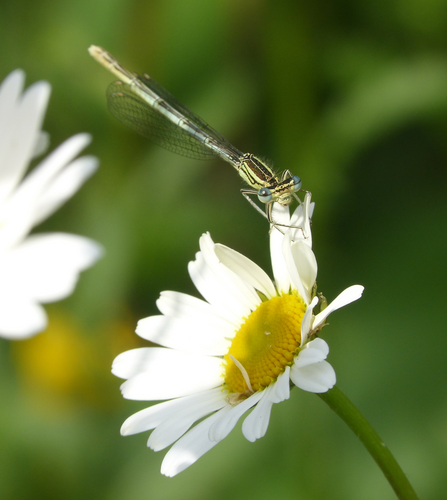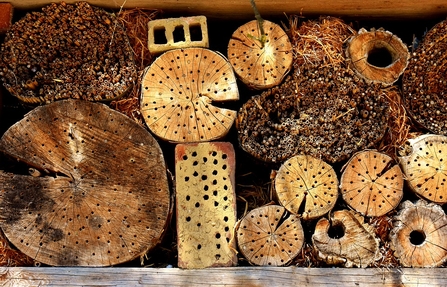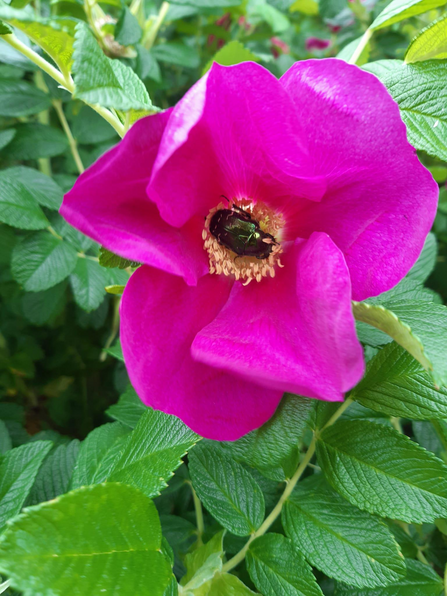Without insects many birds, bats, reptiles amphibians, small mammals and fish would die out as they would have nothing to eat. Not to mention that 87% of all plant species require animal pollination, most of it delivered by insects – that is pretty much all of them except grasses and conifers. In addition, 3 out of 4 of all the crops that we grow require pollination by insects. They are vital to our ecosystem, and they need our help.
We’re helping to put insects into recovery through our Action for Insects campaign, giving you all the guidance you need to make a difference at home. And what better time to sign up than during Insect Week (20 – 26 June)?
Insect Week was set up by the Royal Entomological Society to encourage people of all ages to learn more about the beautiful mini-beasts we share this planet with. Over one million species of insects have been described and named worldwide, with more than 24,000 species in the UK alone.
So what action can you take to help? Starting right now, you can make small changes in your home, lifestyle and community that will help these fascinating creatures.




